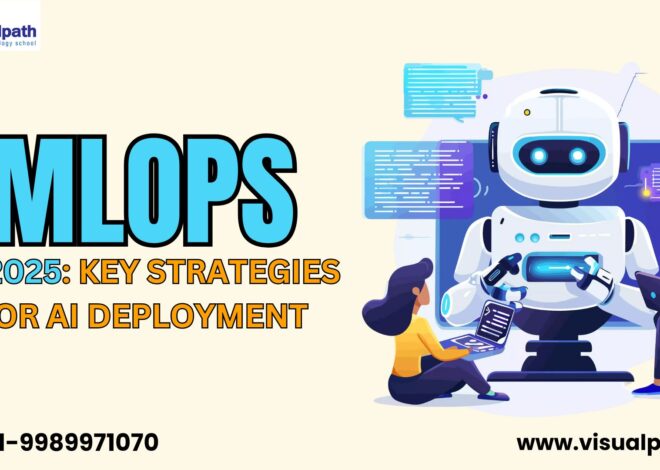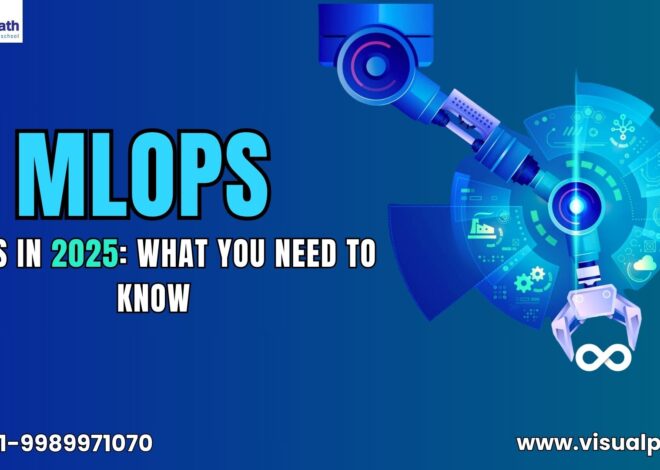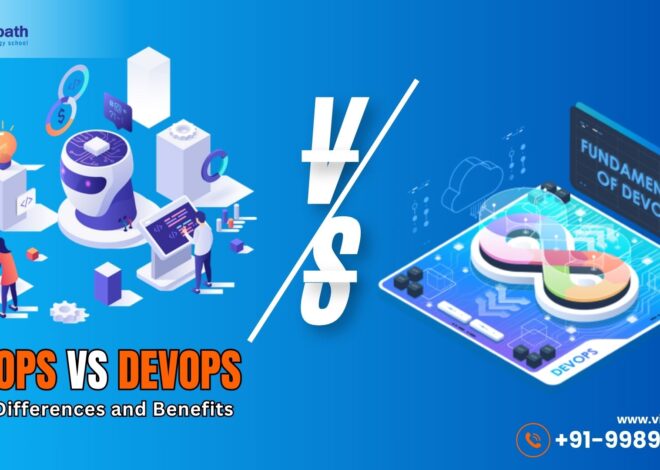MLOps: Filling the Gap Between Data Science and IT Operations
MLOps, or Machine Learning Operations, is a practice that bridges the gap between data science and IT operations to streamline the deployment and maintenance of machine learning models in production environments. It combines elements of DevOps, data engineering, and machine learning to ensure models are reproducible, scalable, and reliably maintained. By automating workflows and fostering collaboration, MLOps enhances efficiency and ensures continuous model performance.
Understanding MLOps
MLOps is a collaborative function, often involving data scientists, DevOps engineers, and IT operations. Its primary goal is to streamline the process of taking machine learning models from development to production, ensuring that they are reproducible, scalable, and can be maintained over time. MLOps encompasses the following key aspects:
- Automation and CI/CD: Automating the machine learning pipeline, including data preprocessing, model training, and deployment, using Continuous Integration and Continuous Deployment (CI/CD) practices.
- Monitoring and Management: Implementing robust monitoring to track model performance, detect anomalies, and manage model versions to ensure optimal functioning. MLOps Training in Ameerpet
- Collaboration and Communication: Facilitating better communication between data scientists and operations teams to ensure that ML models are aligned with business goals and are efficiently operationalized.
The MLOps Lifecycle
The MLOps lifecycle can be broadly divided into several stages:
- Data Management: Collecting, storing, and pre-processing data. Ensuring data quality and consistency is crucial for building reliable models.
- Model Development: Experimenting with different algorithms and techniques to create the best-performing model. This involves feature engineering, hyper parameter tuning, and model selection. MLOps Course in Hyderabad
- Model Training: Using robust infrastructure to train models on large datasets. This stage may involve distributed computing and the use of GPUs or TPUs for faster processing.
- Model Validation: Testing the model to ensure it performs well on unseen data. This includes cross-validation, performance metrics evaluation, and ensuring the model does not overfit.
- Model Deployment: Moving the trained model into a production environment. This stage involves setting up APIs, batch processing systems, or real-time streaming services to serve the model predictions.
- Model Monitoring and Maintenance: Continuously monitoring the model’s performance in production and retraining it as needed to handle data drift or changing conditions.
Benefits of MLOps
Implementing MLOps offers several significant benefits:
- Efficiency: Automating repetitive tasks reduces manual efforts and speeds up the development cycle.
- Scalability: MLOps frameworks enable the deployment of models at scale, handling large volumes of data and traffic seamlessly.
- Reproducibility: Ensures that models can be consistently reproduced across different environments, promoting reliability.
- Collaboration: Enhances communication between data science and IT teams, aligning technical efforts with business objectives.
- Continuous Improvement: Facilitates continuous monitoring and iterative improvement of models based on real-world feedback and performance data.
Tools and Technologies
Several tools and technologies are integral to MLOps, including:
- Version Control Systems: Git, DVC (Data Version Control)
- CI/CD Tools: Jenkins, GitLab CI, CircleCI
- Containerization and Orchestration: Docker, Kubernetes
- Monitoring and Logging: ELK Stack, Grafana, and Prometheus
- Machine Learning Platforms: TensorFlow Extended (TFX), MLflow, Kubeflow
Challenges in MLOps
Despite its benefits, MLOps also comes with its set of challenges:
- Complexity: Integrating various tools and frameworks can be complex and requires a deep understanding of both ML and IT operations.
- Scalability: Ensuring that the infrastructure can scale with growing data and model complexity. MLOps Online Training
- Governance and Compliance: Managing data privacy, security, and compliance with regulations such as GDPR.
Conclusion
MLOps is a crucial discipline in the modern data-driven world, providing the backbone for deploying, monitoring, and maintaining machine learning models in production. By fostering collaboration, enhancing efficiency, and ensuring scalability, MLOps helps organizations harness the full potential of their AI and ML initiatives, turning innovative ideas into reliable, production-ready solutions. As the field evolves, embracing MLOps practices will be vital for staying competitive and achieving sustained success in the realm of machine learning. MLOps Training in Hyderabad
The Best Software Online Training Institute in Ameerpet, Hyderabad. Avail complete Machine Learning Operations Training by simply enrolling in our institute, Hyderabad. You will get the best course at an affordable cost.
Attend Free Demo
Call on – +91-9989971070
WhatsApp: https://www.whatsapp.com/catalog/917032290546/
Visit: https://www.visualpath.in/mlops-online-training-course.html



